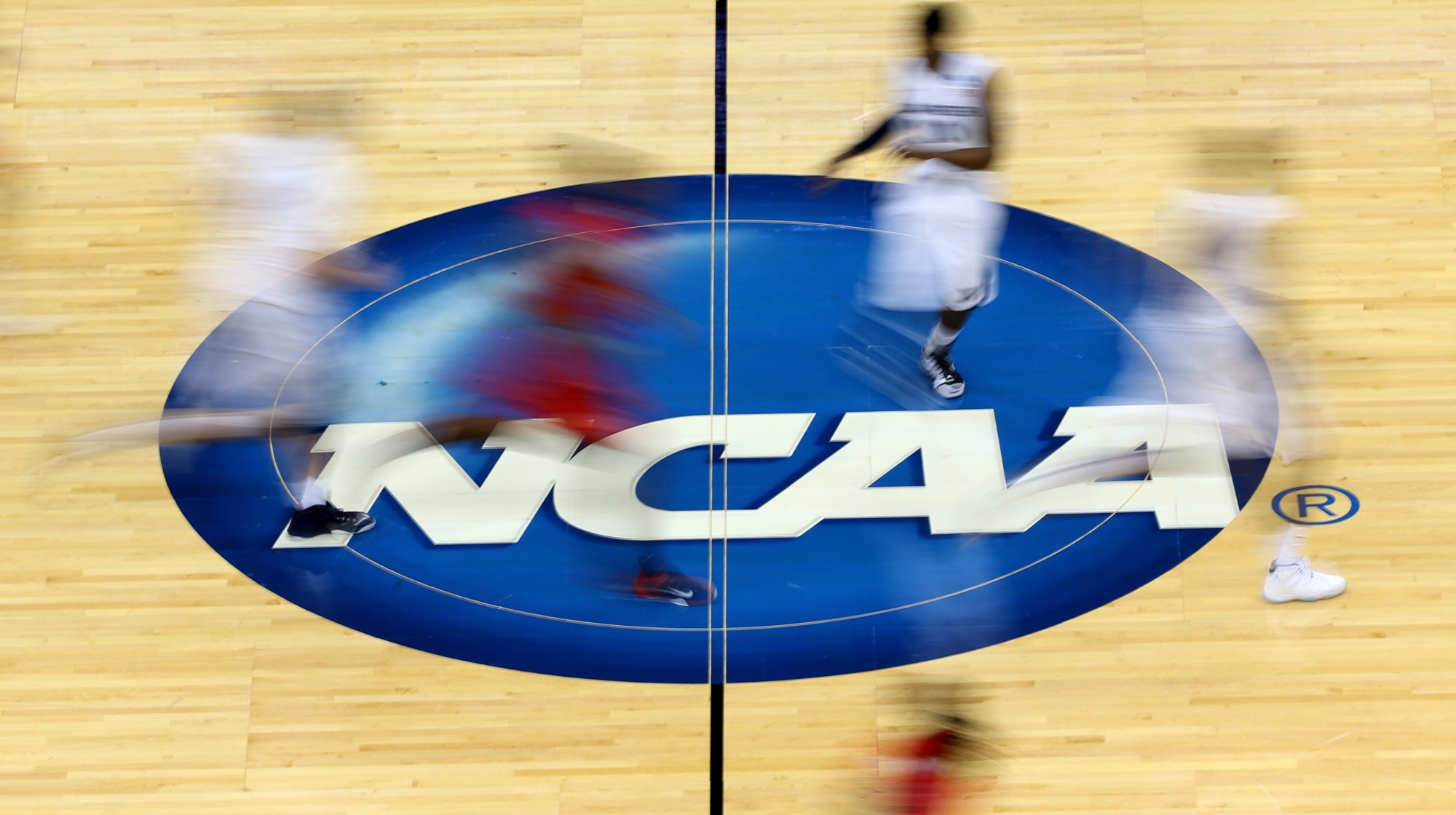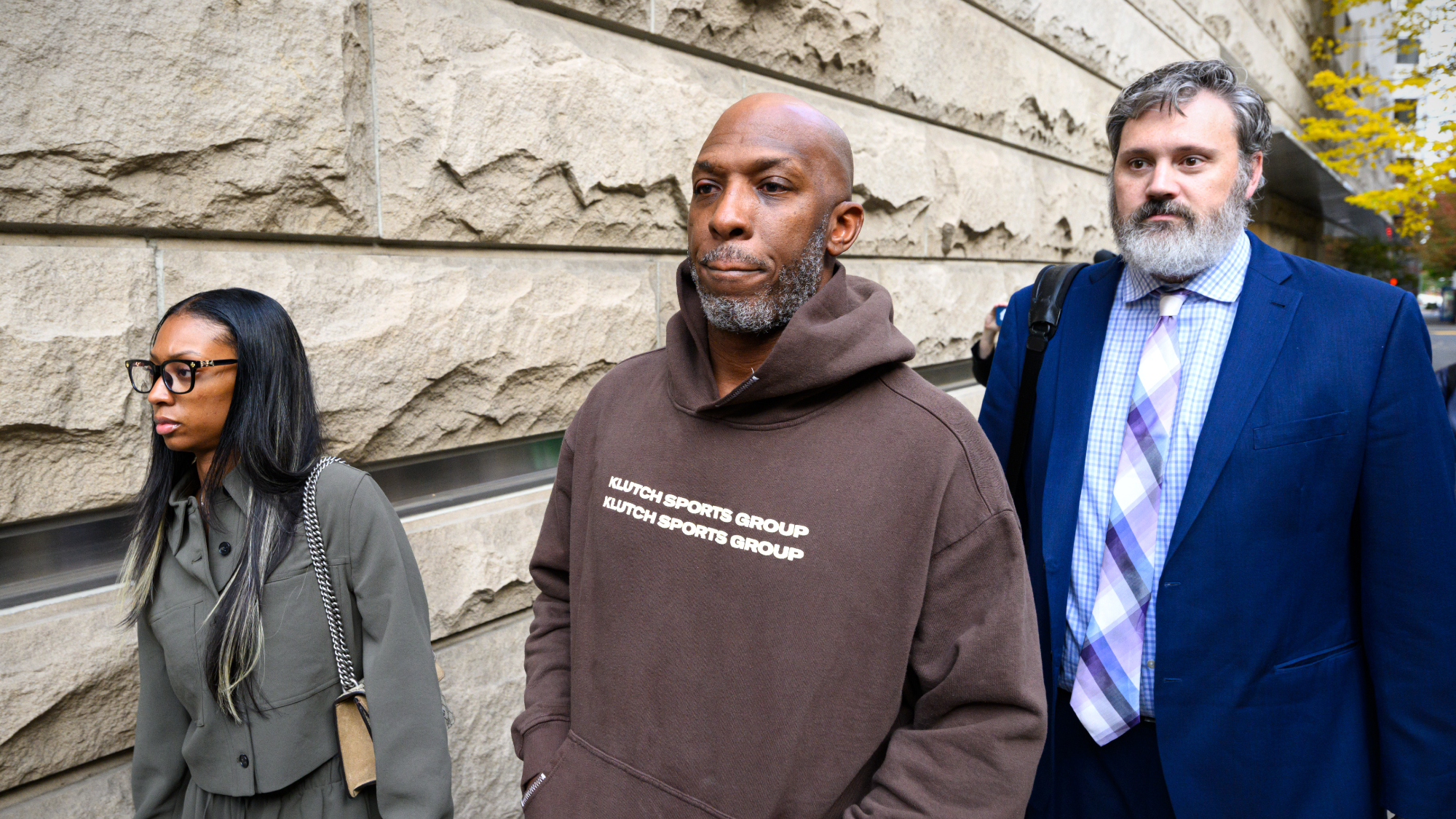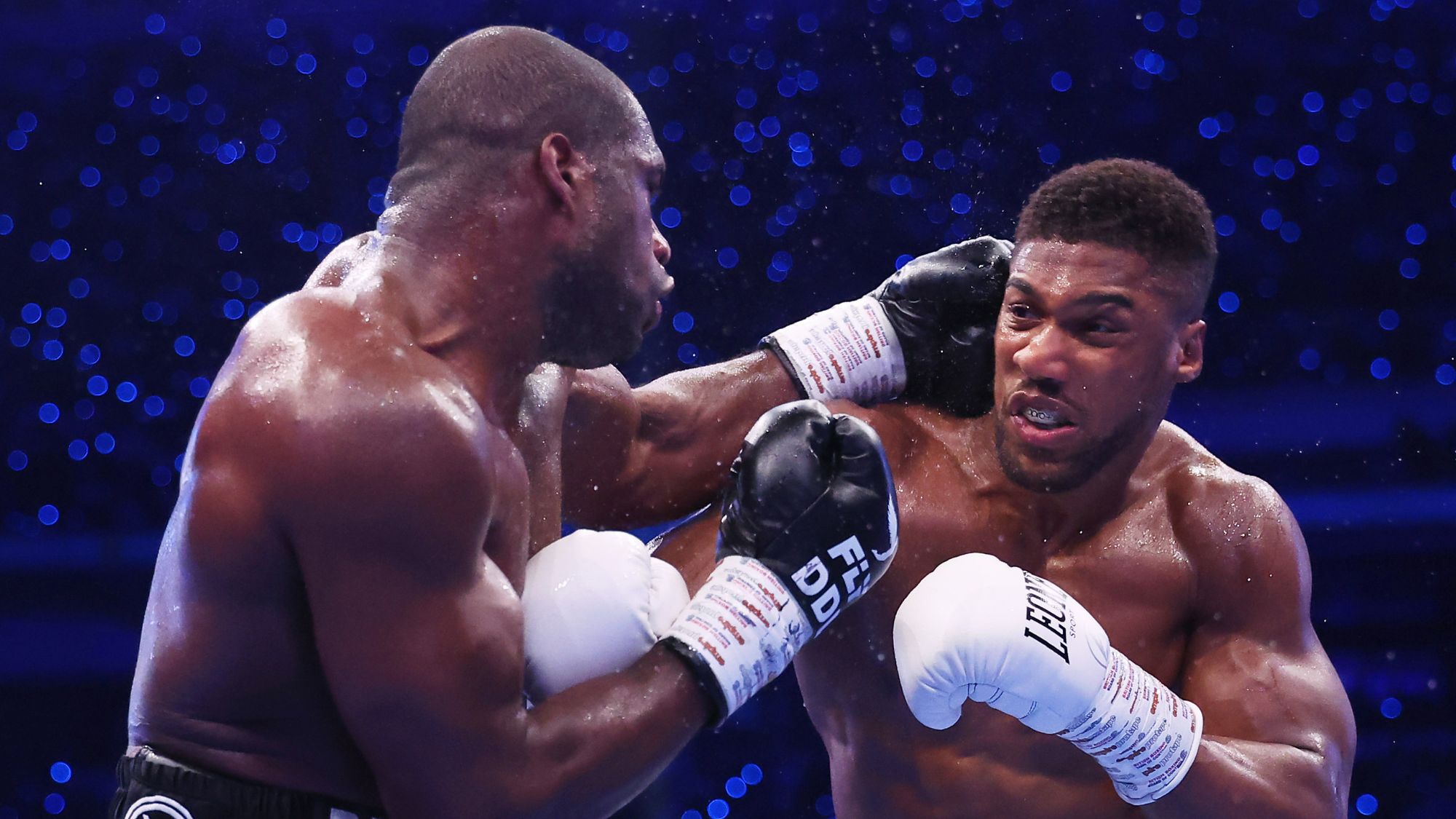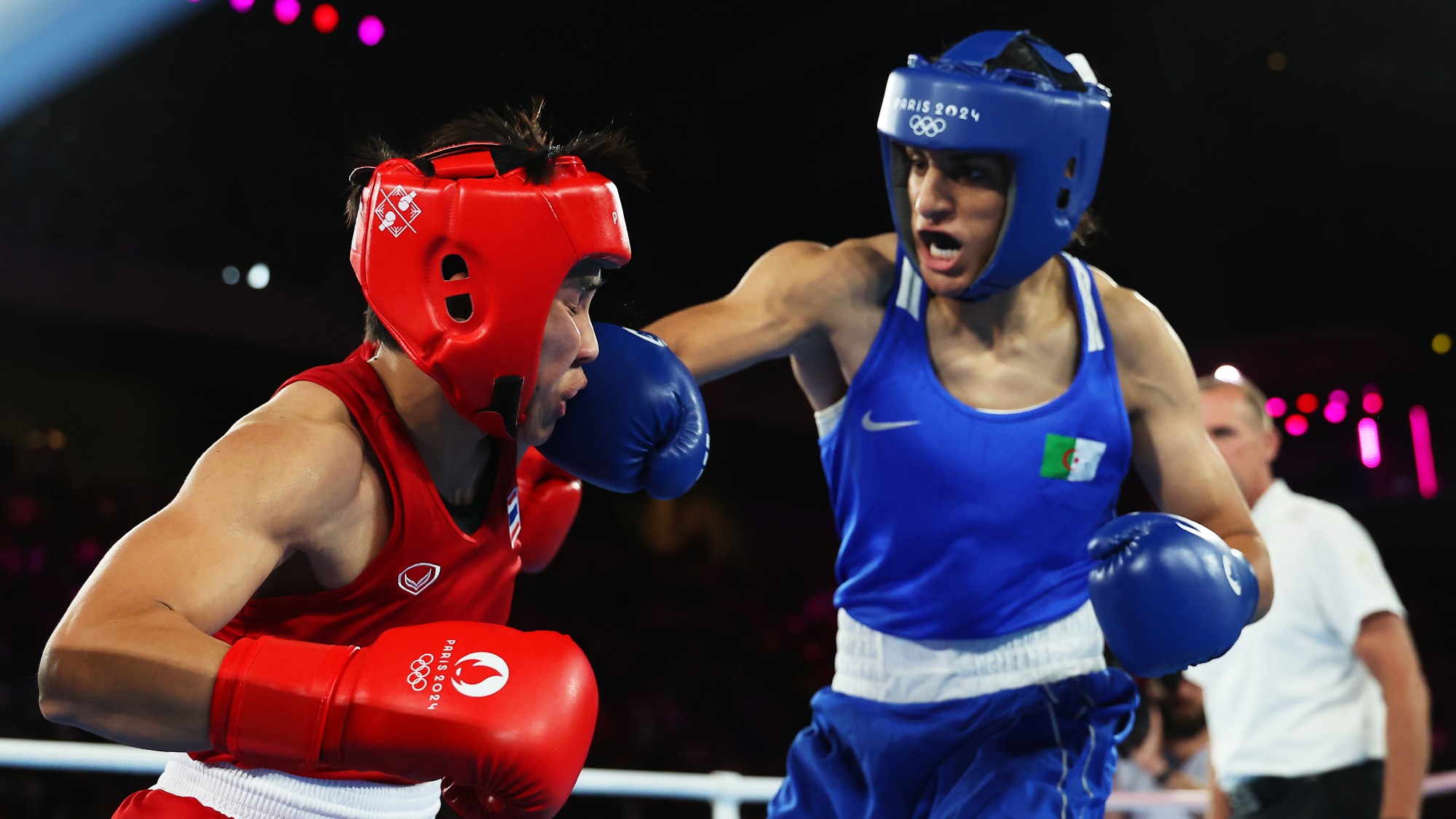The sports betting epidemic: who picks up the tab?
Rise in suicidal gamblers arriving at A&E with doctors highlighting an increase in addictive ‘in-play’ sports betting

A free daily email with the biggest news stories of the day – and the best features from TheWeek.com
You are now subscribed
Your newsletter sign-up was successful
Doctors in the UK have warned the NHS is “picking up the tab” for the online betting industry with NHS gambling clinics filling up with “young men in football shirts” who have fallen foul of “predatory tactics” by betting firms.
“There has been an increase in people turning up at A&E in crisis, in a state of suicide,” Matthew Gaskell, a consultant psychologist and clinical lead at NHS Northern Gambling Service, told The Times, with other doctors the paper spoke to highlighting a rise in addictive “in-play” sports betting.
The news comes amid growing fears that the football World Cup will see gambling addiction get even more out of control in the UK and US.
The Week
Escape your echo chamber. Get the facts behind the news, plus analysis from multiple perspectives.

Sign up for The Week's Free Newsletters
From our morning news briefing to a weekly Good News Newsletter, get the best of The Week delivered directly to your inbox.
From our morning news briefing to a weekly Good News Newsletter, get the best of The Week delivered directly to your inbox.
‘Desperate and deluded’
Data seen by The Times showed that 599 patients have been referred to NHS gambling clinics in the past six months, a 42% increase on the same period last year and up 65% from 2020-21.
Doctors told the paper that the growing problem has also been seen at casualty departments, where more patients are attending A&E after losing all their money in online betting sprees.
The “advent of modern technology” and “ubiquitous nature” of mobile phones has given “legions of fans” 24/7 access to betting websites, said Marketing Beat. In 2020, GambleAware found that 96% of 11- to 24-year-olds are exposed to gambling marketing activities and concluded that “exposure to gambling is becoming part of everyday life for children and young people”.
While many people gamble responsibly and harmlessly, the majority of profits come from a small percentage of gamblers. Writing about her own addiction to gambling, The Guardian’s Hannah Jane Parkinson noted that just 5% of customers are responsible for 70% of betting companies’ revenue. She described these customers as “desperate and deluded, entirely numb to the outside world, watching their entire life fall apart”.
A free daily email with the biggest news stories of the day – and the best features from TheWeek.com
‘Predatory tactics’
There are fears that the football World Cup will see a surge in betting. According to a YouGov Direct study in the Daily Mail, roughly 50% of sports gamblers in the country said they were “very likely” or “somewhat likely” to bet on the tournament. Meanwhile, in the US, Americans are expected to bet $1.8 billion on this year’s World Cup, which is the first to be held after sports betting has been widely legalised in the US.
Claire Murdoch, NHS England’s mental health director, said gambling firms should “think hard about the human cost that can be behind their profits”, but, back in March, the NHS said it would no longer accept cash from the gambling industry to fund treatment of addicts, stating that “predatory tactics from gambling companies are part of the problem, not the solution”.
The Betting and Gaming Council, which represents Britain’s betting firms, insists it is helping pick up the bill, “unlike the alcohol industry, which hands the NHS the bill for problems associated with alcohol”. It told The Times its members had pledged £100m for research, education and treatment between 2019 and next year.
Chas Newkey-Burden has been part of The Week Digital team for more than a decade and a journalist for 25 years, starting out on the irreverent football weekly 90 Minutes, before moving to lifestyle magazines Loaded and Attitude. He was a columnist for The Big Issue and landed a world exclusive with David Beckham that became the weekly magazine’s bestselling issue. He now writes regularly for The Guardian, The Telegraph, The Independent, Metro, FourFourTwo and the i new site. He is also the author of a number of non-fiction books.
-
 What is the endgame in the DHS shutdown?
What is the endgame in the DHS shutdown?Today’s Big Question Democrats want to rein in ICE’s immigration crackdown
-
 ‘Poor time management isn’t just an inconvenience’
‘Poor time management isn’t just an inconvenience’Instant Opinion Opinion, comment and editorials of the day
-
 Bad Bunny’s Super Bowl: A win for unity
Bad Bunny’s Super Bowl: A win for unityFeature The global superstar's halftime show was a celebration for everyone to enjoy
-
 Dozens charged in NCAA game-rigging case
Dozens charged in NCAA game-rigging caseSpeed Read The schemes allegedly involved fixers who paid $10,000 to $30,000 for each rigged game
-
 2 MLB pitchers charged with rigging throws for bets
2 MLB pitchers charged with rigging throws for betsSpeed Read Cleveland Guardians pitchers Emmanuel Clase and Luis Ortiz have been indicted
-
 Can the NBA survive the FBI’s gambling investigation?
Can the NBA survive the FBI’s gambling investigation?Talking Points A casualty of the ‘sports gambling revolution’
-
 FBI nabs dozens in alleged NBA gambling ring
FBI nabs dozens in alleged NBA gambling ringSpeed Read Portland Trail Blazers head coach Chauncey Billups and Miami Heat guard Terry Rozier are among 34 people indicted in connection with federal gambling investigations
-
 Sports betting is causing athletes to be abused and harassed online
Sports betting is causing athletes to be abused and harassed onlineUnder the radar Baseball players, tennis stars and others have raised the alarm
-
 Is it time for Anthony Joshua to retire?
Is it time for Anthony Joshua to retire?After his latest brutal defeat, British boxing's 'poster boy' has a difficult choice to make
-
 Raygun: heir to Eddie the Eagle?
Raygun: heir to Eddie the Eagle?Talking Point Australian Olympic breakdancer Rachael Gunn has become 'a worldwide meme'
-
 Boxing at the Olympics: the row over sexual differences
Boxing at the Olympics: the row over sexual differencesTalking Point Controversy over Imane Khelif and Lin Yu-ting shines a spotlight on the murky world of gender testing – and the IOC's inaction